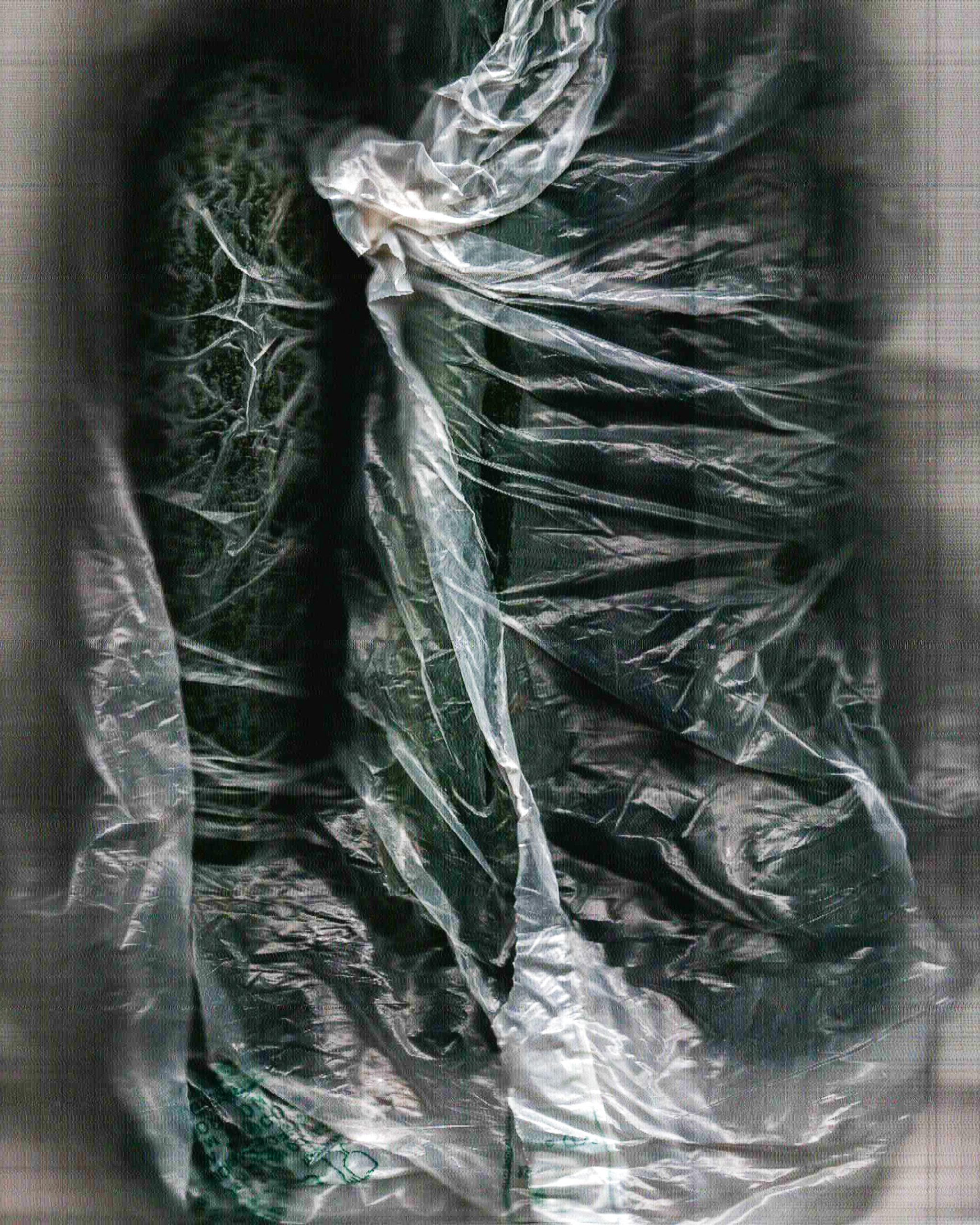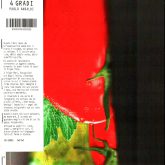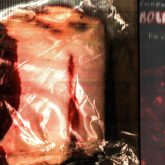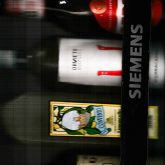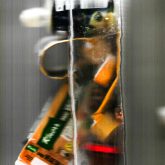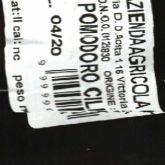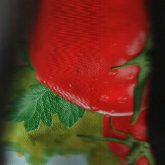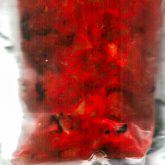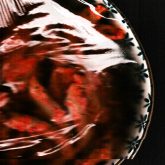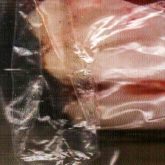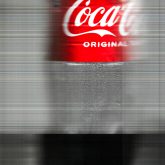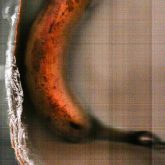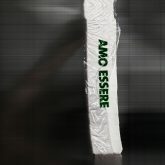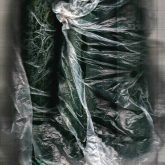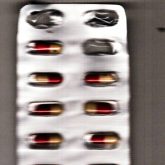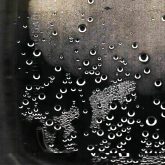What do we preserve, and what do we let rot?
There’s something almost obscene about opening someone else’s fridge. It’s not quite voyeurism, not quite anthropology—but something in between. A trespass into the unconscious via plastic shelves and glass jars. No scripts, no filters, just the raw residue of what we consume, store, forget.
In 4 Degrees, Paolo Ansaldi makes this intrusion not only visible but meaningful. His book-zine isn’t a photography project in the classic sense—it’s a sociological excavation. Each fridge he documents becomes a portrait by proxy, a cold and glowing self-portrait where the face is missing but everything else is laid bare. The contents are minimal, sometimes absurd, often sad. A beer and a lipstick. A drying slice of lemon. Bottled water lined up like emotional distance. Everything is real. Nothing is posed.
Ansaldi doesn’t romanticize. He doesn’t moralize. His lens is steady, surgical, almost indifferent—but what emerges is anything but. There’s vulnerability in these images, not the loud kind we post online, but the quiet, sticky kind that accumulates between leftovers. Here, intimacy hides in expired condiments and silent habits.
The fridge becomes a stage where everyday survival plays out, without spectacle. These are still lifes, yes—but of a different kind. Not painterly, not decorative, but documentary. Clinical. As if to say: this is the state of things. This is what’s left when no one is performing.
And then there are moments that rupture even that clinical distance.
In one photo, slightly blurred, a blister pack of red and gold pills leans toward the camera. It’s not the focus of the shot—but it steals it. Not because of what it is, but because of what it might mean. Vitamins? Antidepressants? Antibiotics? The viewer is left to wonder. In that wondering lies the true strength of 4 Degrees: it doesn’t give answers. It gives space. For projection, discomfort, recognition.
Because sometimes what we refrigerate isn’t food. It’s control. Or hope. Or exhaustion.
And sometimes, the emptiness says more than the content.
Who keeps an ice tray and nothing else?
Who forgets the same jar of jam for six months straight?
Who’s just returned from a breakup, a trip, a burnout, a diagnosis?
These are the kinds of narratives that 4 Degrees invites—not explicitly, but through the haunting neutrality of its gaze. In its silence, the book becomes polyphonic. We begin to hear stories. Ours, maybe. Or the ones we’re not ready to tell.
What Ansaldi constructs is a kind of cold archive. Not of images, but of traces. Of things once hot with intention and now simply kept. Preserved. Abandoned. The fridge, in this light, becomes not just a container of things but of time: what has been, what is suspended, what may never happen.
There’s poetry here, yes—but it’s not decorative. It’s stubborn. Refuses to be aestheticized. It lives in the in-between: between waste and need, between loneliness and habit, between the will to care and the failure to do so.
4 Degrees doesn’t shout. It hums. Like the sound a fridge makes at 3 a.m., when you can’t sleep, and you open the door just to feel something.
To prove you exist.
To remember what’s missing.
Because in the end, Ansaldi isn’t really showing us fridges.
He’s showing us how we live—when we’re not performing.
He’s asking, without asking:
What remains when the door closes and the light goes out?
